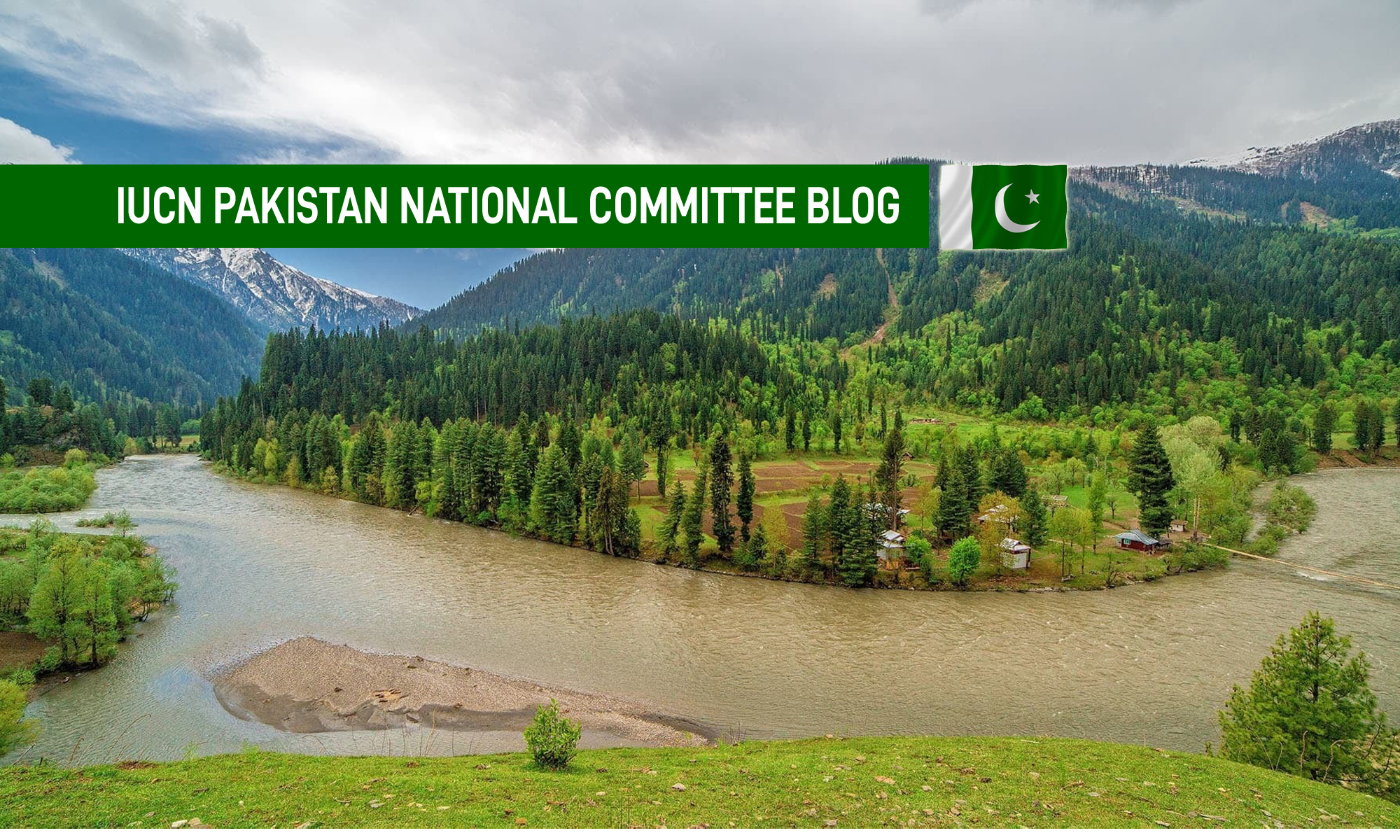22 March 2011 | News story
Coping with the growing water needs of cities is one of the most pressing challenges of this century. Half of the world’s population now lives in cities and it’s estimated that within two decades that will increase to nearly 60% of the population, or 5 billion people. This means that a tremendous amount of water is needed, for drinking, sanitation, industry and to produce food. Ensuring reliable access to safe water supplies will make the cities of the future truly sustainable.
For this year’s World Water Day on Tuesday 22 March, IUCN is joining the international community in highlighting the 2011 theme ‘Water for Cities: Responding to the Urban Challenge’.
“Many of the world’s big cities have understood that protecting natural ecosystems to secure their water supplies makes economic sense,” says Julia Marton-Lefèvre, IUCN’s Director General. “Rather than chopping down forests or draining marshlands, keeping water catchments healthy saves billions of dollars by not having to pay for costly urban infrastructure to store water, clean it or bring it from elsewhere.”
Protecting and conserving healthy watersheds is essential for many of the world’s biggest cities and saves billions of dollars. For example, Caracas, the capital of Venezuela, relies on the Guatopo and Macarao rivers for its freshwater provision. Those rivers continue to supply a constant flow of freshwater to the city’s 5 million inhabitants. The forests of China’s Miyun watershed generate water benefits worth US $2 billion a year whilst supplying 70% of Beijing’s drinking water. Healthy wetlands provide natural wastewater treatment services, such as the Nakivubo wetland in Uganda, which saves the capital city Kampala US $2 million a year in terms of sewage and treatment facilities.
“Cities are often dependent on surrounding rivers, upstream wetlands and groundwater aquifers. These forms of natural water infrastrucutre, together with engineered infrastructure, pumping and piping systems, help guarantee water supplies to urban areas as cities grow,” says Mark Smith, Director of IUCN’s Water Programme. “Yet, many cities are losing precious water resources through leakage or pollution. There is also growing evidence that water resources are significantly affected by climate change, particularly through the impact of floods and droughts.”
For more information contact:
Nicki Chadwick, Media Relations Officer, t +41 22 999 0229, m +41 79 528 3486, e nicki.chadwick@iucn.org
Claire Warmenbol, Water Programme Communications Officer, t +41 22 999 0188, e claire.warmenbol@iucn.org









